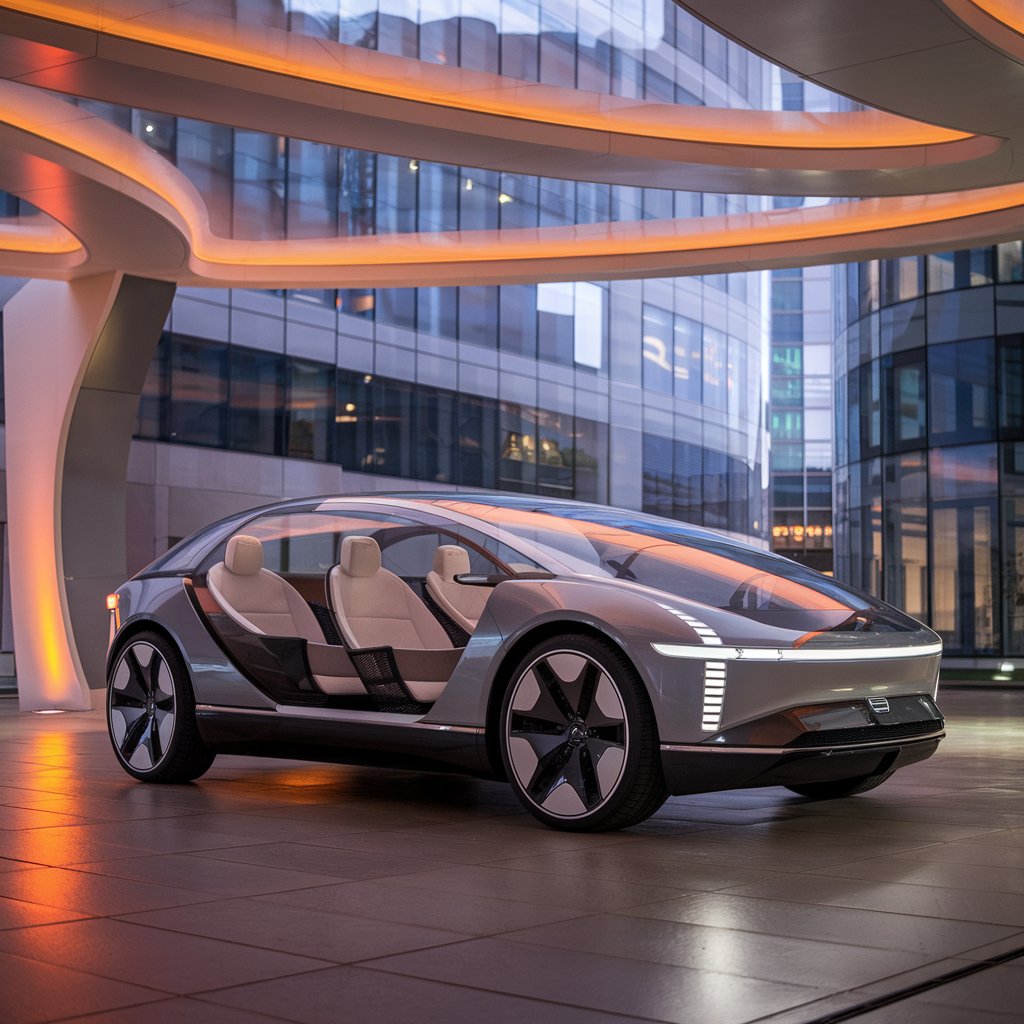Hybrid vehicles combine conventional gasoline engines with electric propulsion, providing a versatile and efficient transportation solution. They are increasingly popular among consumers seeking to reduce their environmental footprint while enjoying advanced automotive technology. The automotive industry has been refining hybrid technology for decades, starting with the Toyota Prius in the late 1990s. The evolution of hybrid vehicles reflects a commitment to sustainability and performance in response to environmental concerns. You can browse our inventory to explore these innovative models.
Technological Advancements in Hybrid Cars
Hybrid automobiles have emerged due to technological advancements in the automotive industry. Battery technology has improved performance, while regenerative braking systems capture kinetic energy during braking, extending battery life. The expansion of fast-charging infrastructure is crucial for the widespread adoption of hybrid vehicles, making them viable for longer journeys and daily commutes. The growing number of charging networks across countries supports the ever-increasing demand for hybrid cars.
Environmental Impact and Sustainability
Hybrids substantially contribute to global climate change mitigation efforts by significantly reducing greenhouse gas emissions compared to gasoline vehicles. They minimize fuel consumption through partial electric power, aligning with public awareness and sustainability commitment. International sustainability initiatives reinforce adopting hybrid technology, with studies suggesting that increasing hybrid and electric vehicle usage could significantly reduce carbon footprint, aligning with global sustainability goals.
Economic Advantages of Hybrid Vehicles
Hybrid vehicles are environmentally friendly and economically beneficial due to lower fuel consumption and reduced gasoline expenditure. Governments have implemented tax incentives and rebates to encourage adoption and make hybrids more accessible. With decreasing production costs and increased government support, hybrid vehicles are a wise investment for those seeking to balance fiscal prudence with environmental responsibility.
Common Challenges and Misconceptions
Hybrid vehicles face challenges like battery life, charging station availability, and higher upfront costs. However, as technology advances and infrastructure improves, these barriers are less of a concern. Education is crucial in overcoming misconceptions about hybrid technology, as many consumers are unaware of advancements in efficiency, lifespan, and performance. Addressing knowledge gaps can lead to a broader acceptance and appreciation of hybrid vehicles.
Future Prospects and Potential Improvements
Hybrid vehicles are projected to experience substantial growth in the coming years, primarily fueled by significant advancements in battery technology, innovative vehicle design, and the development of sustainable materials. These technological improvements will extend hybrid cars’ driving range and lifespan and enhance their overall efficiency and performance, ultimately making them a more cost-effective and convenient option for consumers.
Moreover, consumers’ increasing environmental consciousness is driving a surge in demand for green technologies. This shift in consumer behavior is crucial, as it solidifies the position of hybrid cars as a fundamental component of the modern automobile industry. It also paves the way for the mainstream acceptance of fully electric vehicles, which are anticipated to become more prevalent as supporting infrastructure, such as charging stations, continues to expand. Thus, hybrid vehicles are a transitional phase and a vital step toward a more sustainable automotive future.
Final Thought on Hybrid Vehicles
Hybrid vehicles represent a significant advancement in automotive technology. They seamlessly blend traditional internal combustion engines with electric propulsion systems, enhancing fuel efficiency and reducing harmful emissions, aligning with global sustainability goals. Innovations such as regenerative braking and advanced energy management systems further improve their performance and reduce dependency on fossil fuels.
Despite specific challenges, such as initial purchase costs and charging infrastructure availability, hybrid vehicles offer considerable benefits. They offer reduced fuel expenses for consumers, lower carbon footprints for environmentally conscious drivers, and potential government incentives encouraging adoption. As these vehicles become more mainstream, their popularity continues to rise among consumers and policymakers, supporting a transition toward greener transportation solutions.




